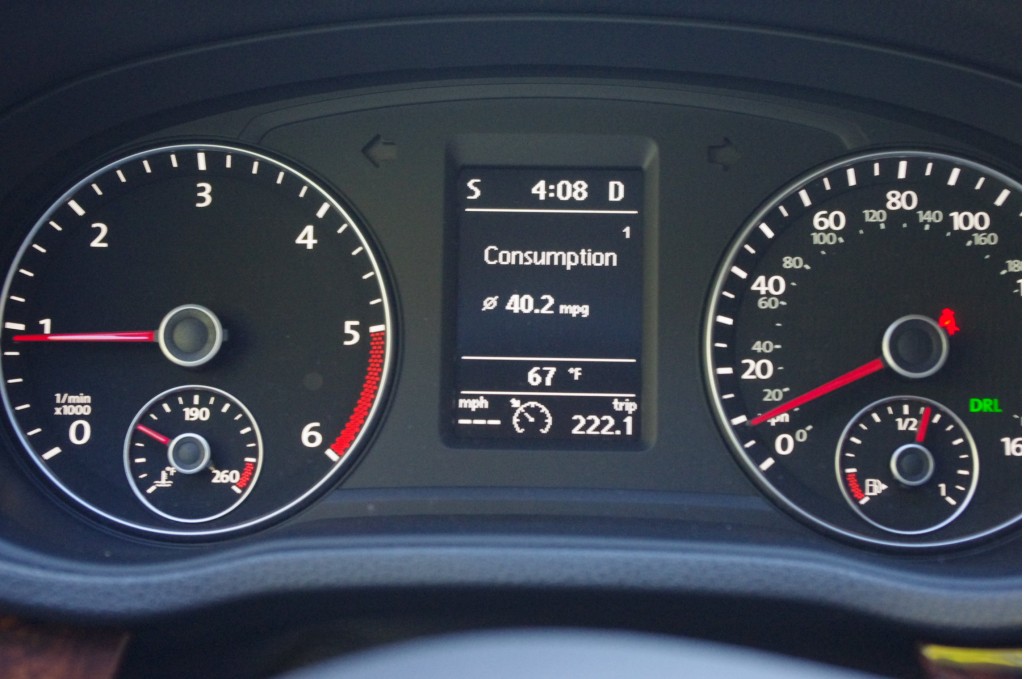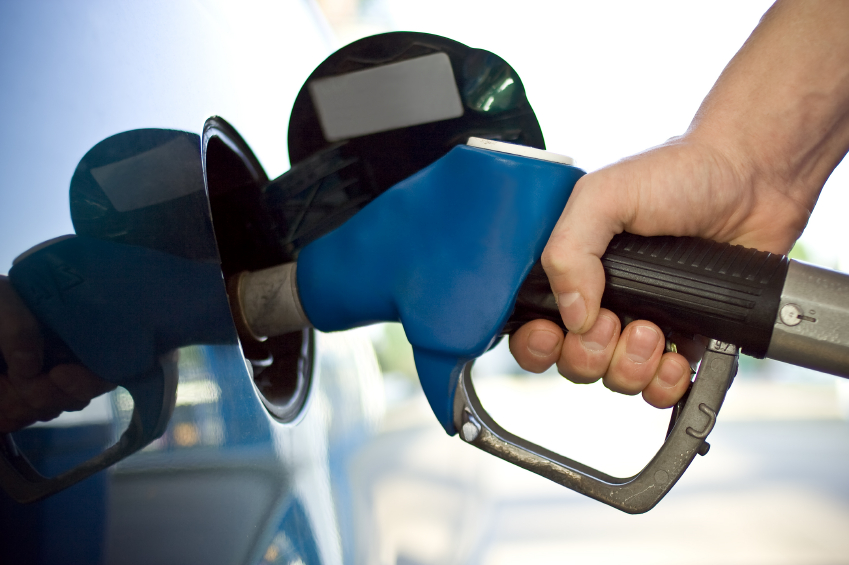There was a time when freezing federal vehicle emissions and fuel economy standards was something that automakers, a wide range of companies, and a very significant portion of the American public might have backed.
But that isn’t the case today. A new nationally representative survey from Consumer Reports, conducted in June but released last week, drives that point home. The survey found that 88 percent of Americans agree that “automakers should continue to improve fuel economy for all vehicle types,” and that 86 percent of Americans agree that “making larger vehicles such as SUVs or trucks more fuel-efficient is important.”
The Consumer Reports survey also found that 80 percent of Americans agree that “increasing average fuel economy from 25 miles per gallon today to 40 mpg by 2025 is a worthwhile goal.”

Healthy MPG
The latter question is a bit of a gotcha moment, as not even the Obama-era plan requires that radical of an improvement by 2025. The fleet-wide efficiency of more than 50 mpg it seeks depends on the vehicle type and gets a misleading boost because of the way electric vehicles and plug-in hybrids are figured in.
Only 17 percent of Americans think that the U.S. government should not continue to increase and enforce fuel-efficiency standards.
The only area in which CR found some skepticism from consumers was in whether they believed automakers were actually looking out for consumers’ bottom line. Just over a third of respondents agreed that “Automakers care about lowering fuel costs for their customers,” and 39 percent disagreed with that.
Consumer Reports estimated that rolling back federal fuel economy rules will cost $460 billion to consumers and especially burden pickup and SUV drivers, who will shoulder 70 percent of the additional costs.
“Consumers should be offered fuel-efficient choices for all types of vehicles,” said Shannon Baker-Branstetter, CR’s manager of cars and energy policy. “These survey results should tell automakers and regulators that truck and SUV owners want improved fuel economy, not a rollback of current efforts.”

Gas pump
Automakers, which have invested vast sums of money into tighter global emissions standards and electrification, haven’t reacted well to the federal government’s plan to freeze fuel economy and emissions regulations at 2020 levels from 2021 to 2026.
Several companies have gone so far as to seek a side deal with California—and its tighter standards but long-term stability—to even bypass the pending federal rule completely. And at least 23 states actively oppose the Trump administration plan.
It’s been so unpopular that the federal government has been reportedly reworking its proposal and is expected to soon release its long-awaited final regulation, anticipated to be a compromise that will require a small increase in annual fuel-efficiency targets.













